Family Forest Blog
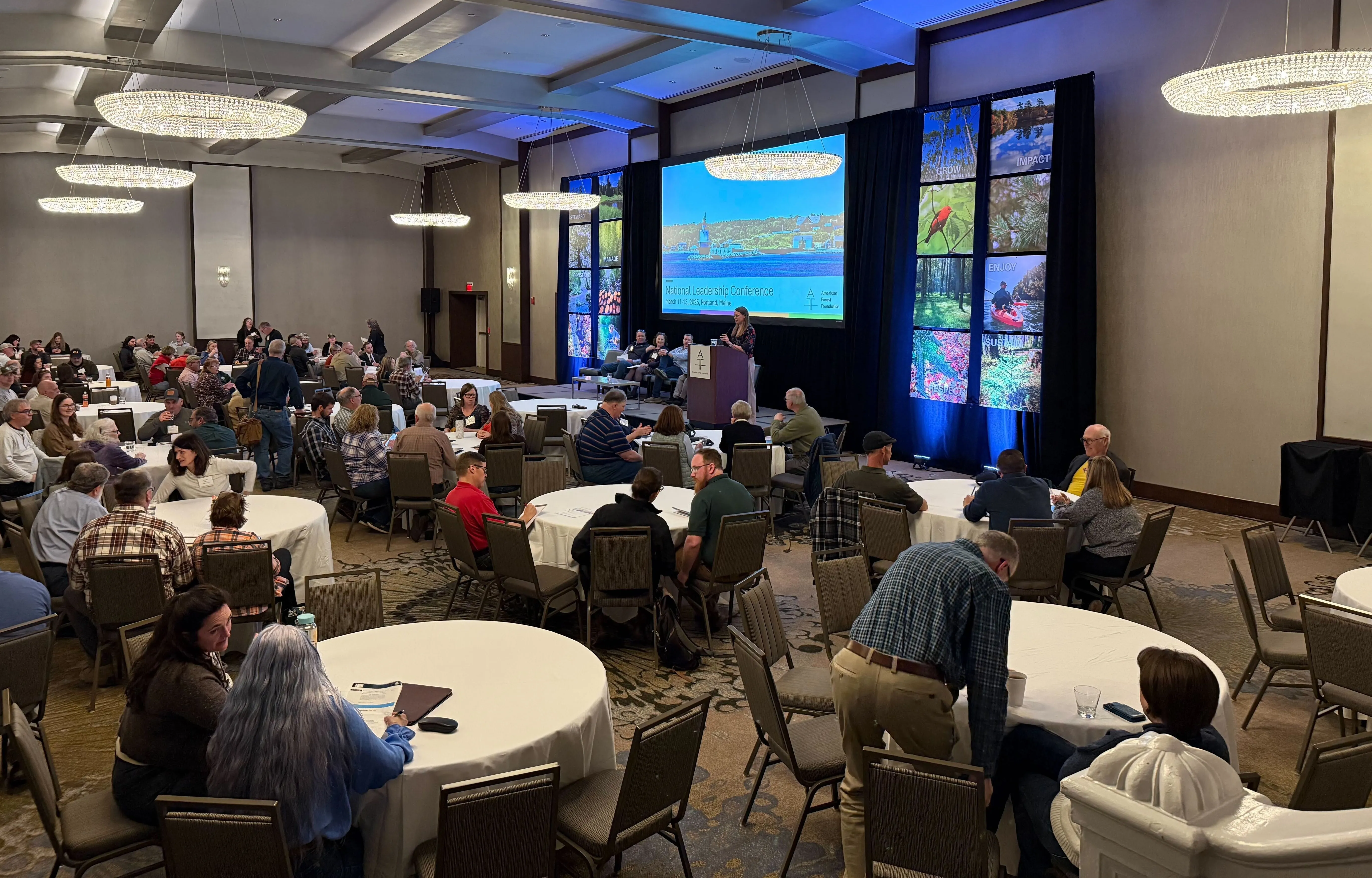
January 15, 2026
2026 American Forest Foundation National Leadership Conference
The American Forest Foundation’s National Leadership Conference brings together leaders, family forest landowners, and advocates from across the country for meaningful connection, learning, and collaboration. The conference is designed to empower participants to strengthen conservation impact on family forest lands, whether on their own property or through work with family forest landowners.
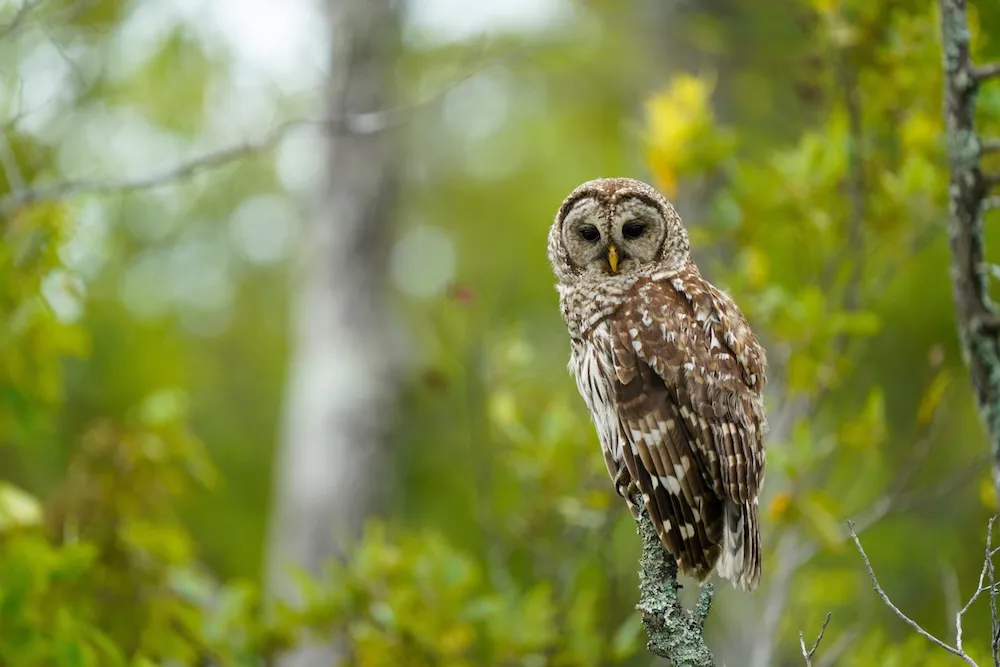
December 18, 2025
Improving Wildlife Habitat with the Family Forest Carbon Program
For many landowners, spotting a fox, songbird, or other wildlife on their property is one of the highlights of spending time on their land. In this post we look at some examples of management practices you may see in your FFCP forest management plan and how they help create the ideal conditions for certain wildlife species.
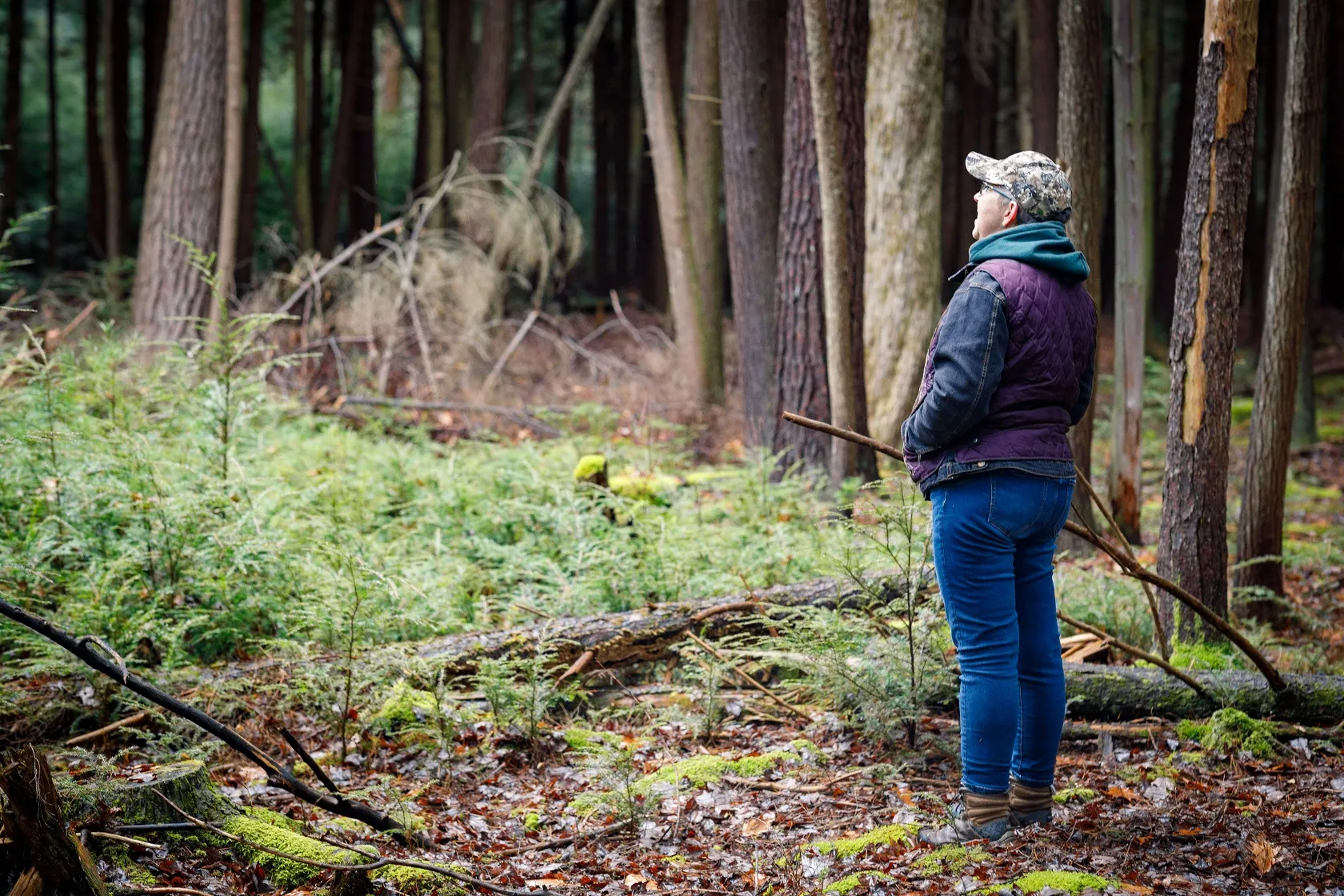
December 16, 2025
Family Forest Carbon Program's First Ever Credits Delivered to REI Co-op
Today, REI becomes the first buyer to receive carbon credits from the Family Forest Carbon Program (FFCP), a high-integrity forest carbon project designed for small-acreage landowners.
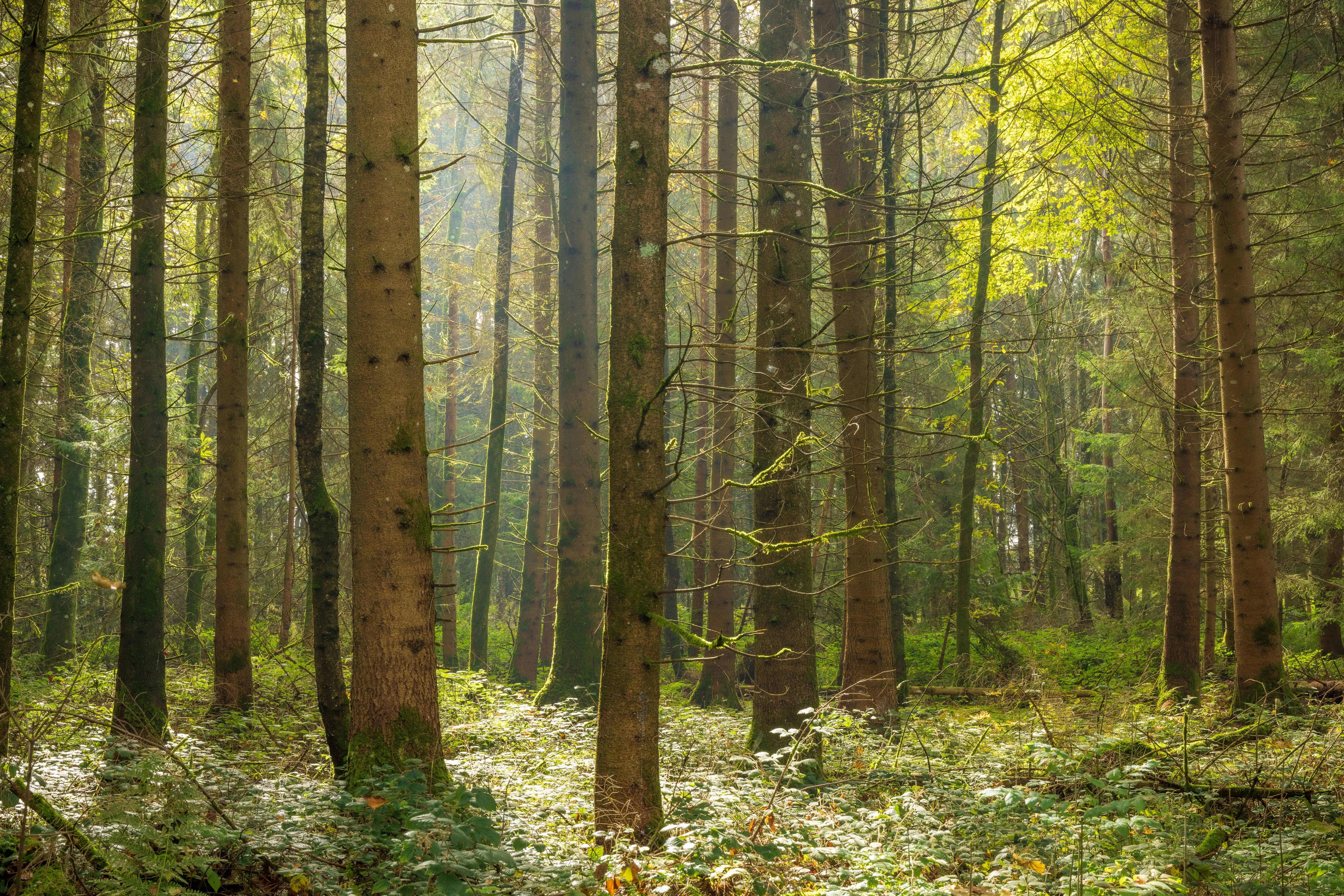
December 4, 2025
Forest Carbon Project Issued First Ever Credits
Conservation organizations the American Forest Foundation (AFF) and The Nature Conservancy (TNC) announced today the issuance of improved forest management (IFM) carbon credits to the Family Forest Carbon Program (FFCP) from standards setter Verra under its Verified Carbon Standard (VCS) Program. This marks the first issuance of credits produced using Verra’s VM0045 improved forest management (IFM) methodology, which was co-developed by Verra, AFF, TNC, and TerraCarbon.
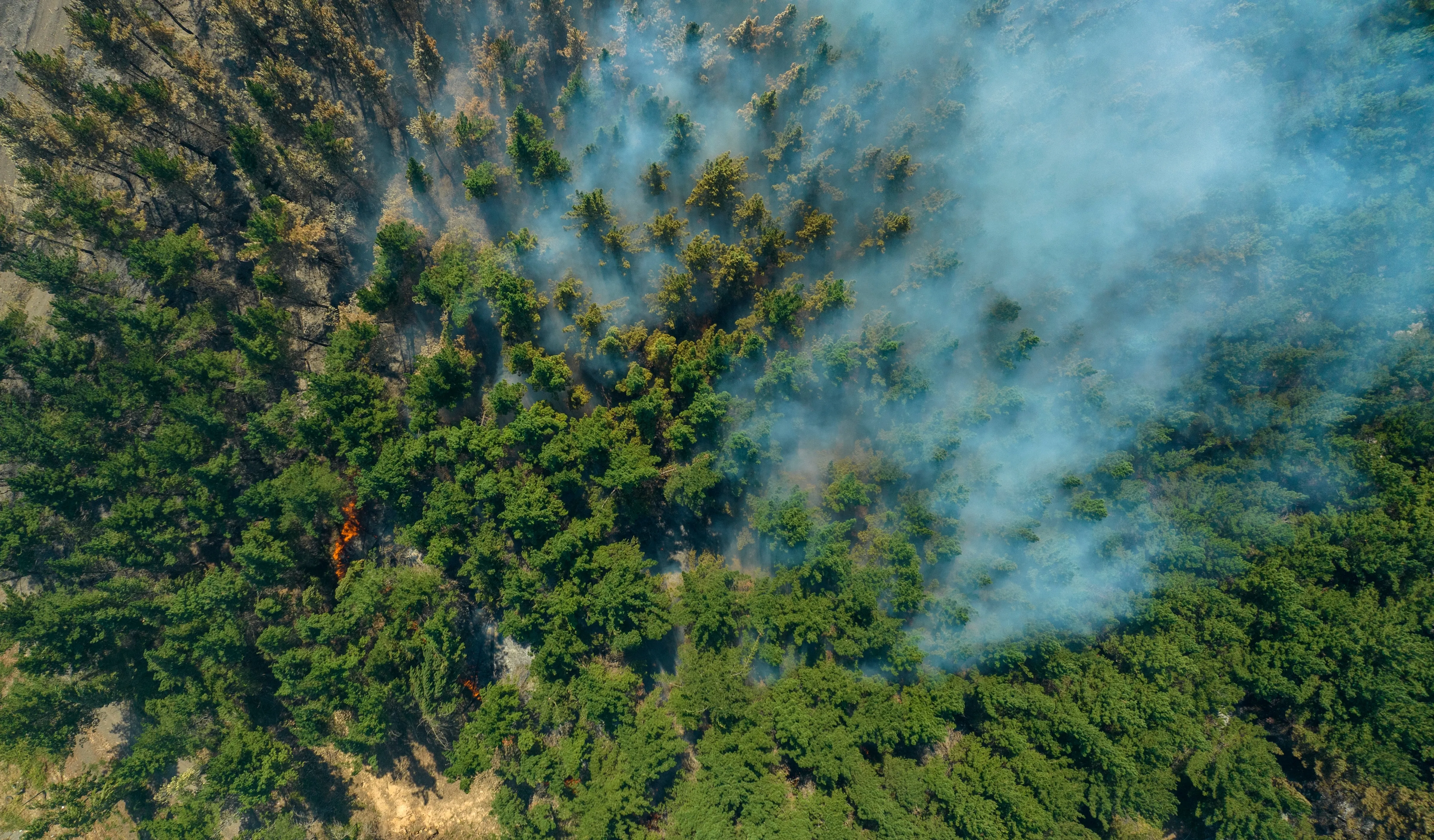
December 1, 2025
Tackling Wildfire Through Partnership: AFF’s Stacked Benefits Model
A few miles outside Grass Valley, California, a narrow road winds past homes tucked into dense forest. From the ground, it is easy to forget that these trees are doing something extraordinary. They are standing between the community and the next wildfire.
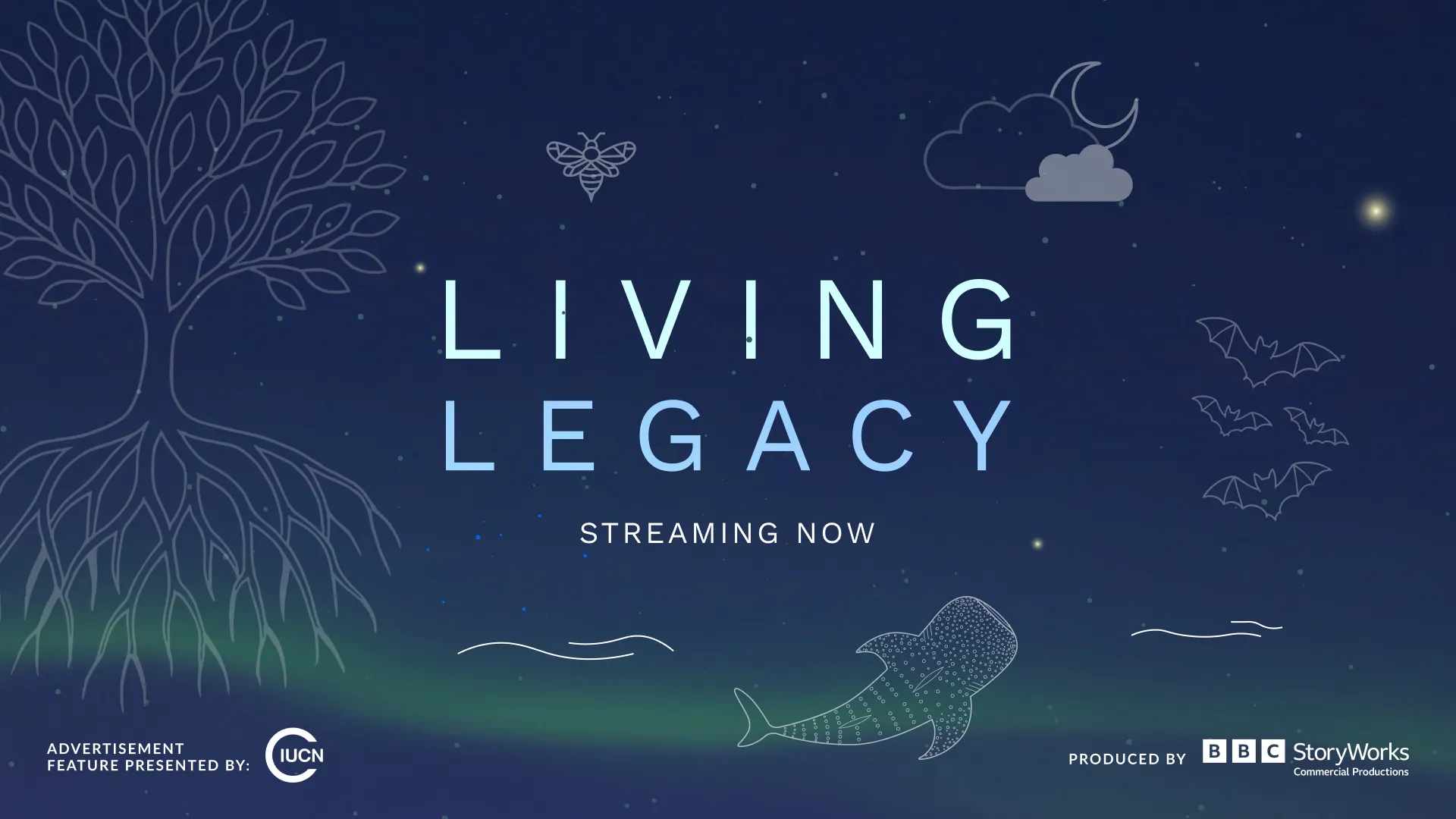
November 20, 2025
New Film Showcases Carbon Project’s Impact on Family Landowners and Nature
The American Forest Foundation (AFF), a national organization committed to empowering family forest owners to create meaningful conservation impact, announced today the release of a new film that tells the story of the Family Forest Carbon Program (FFCP) and its impact on people and the planet.
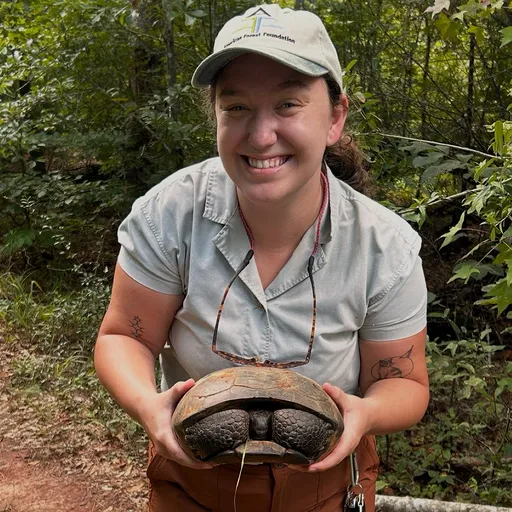
November 17, 2025
Forester Spotlight: Molly Hooks
We’re proud to feature Molly Hooks, an FFCP forester who brings deep ecological knowledge and a people-first approach to supporting landowners across Georgia.
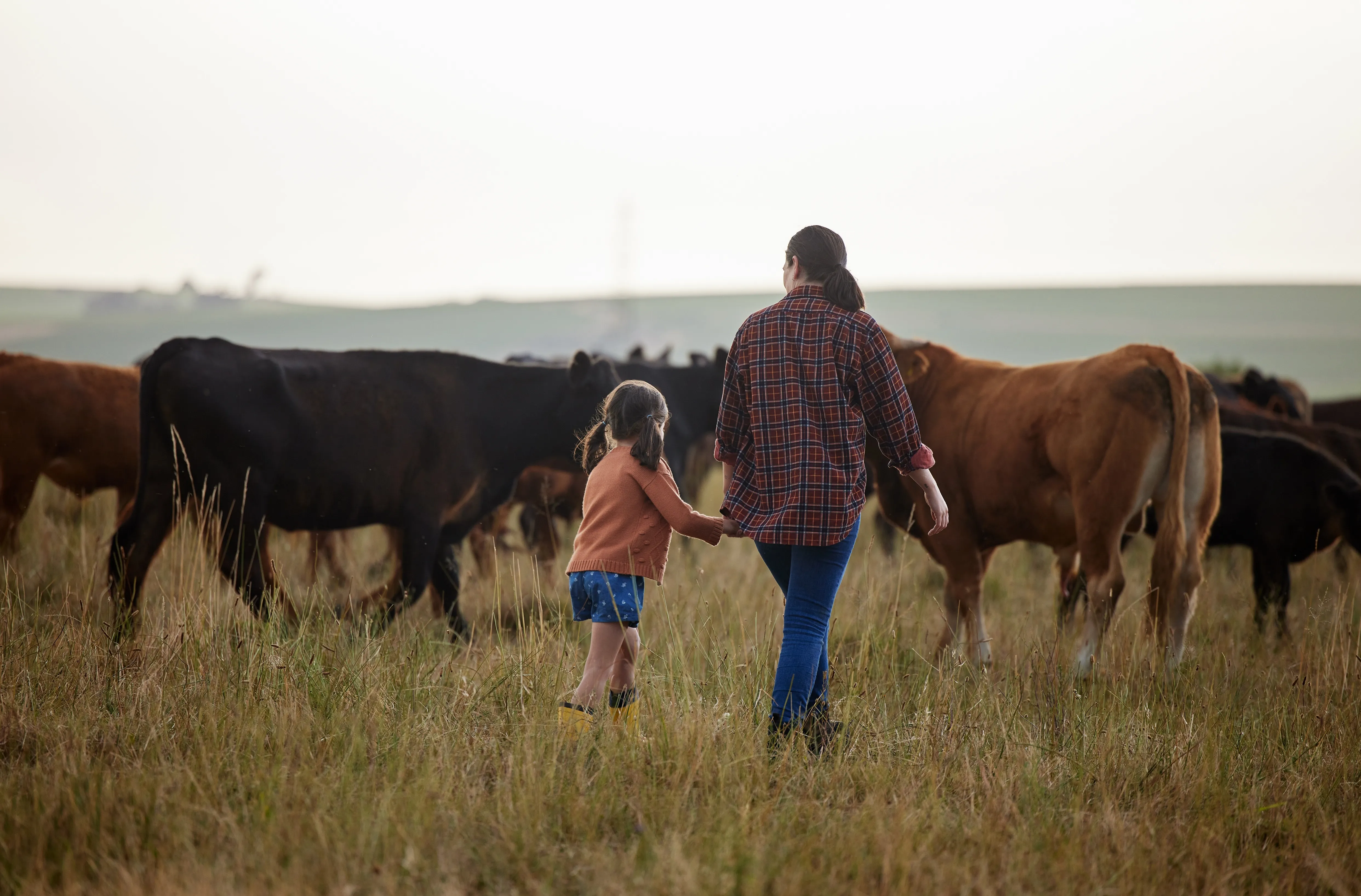
October 21, 2025
The Value of Your Fields & Forests Project
Curious what the Fields & Forests program really offers? Beyond the $30 per acre payment, there are added cost savings and income opportunities that make enrollment even more valuable. See how it all adds up!
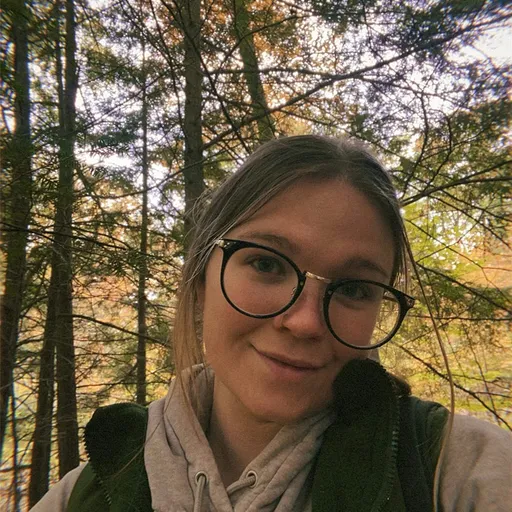
September 16, 2025
Forester Spotlight: Keely Dunham
We’re excited to highlight Keely Dunham, a dedicated forester with the Family Forest Carbon Program who brings scientific expertise, on-the-ground experience, and a passion for helping landowners connect with and care for their forests.

September 5, 2025
What is the Permanence Trust? A Look at a New Solution for Nature
The American Forest Foundation has created an innovative new approach that aims to fill all the core functionalities necessary for permanence: The Permanence Trust. This approach frames non-permanence as a risk to be managed, strengthens market-wide definitions and risk management strategies, and provides a framework that allows NCS credits and other carbon credit types (like geologic storage) to be managed together, increasing overall market confidence and credibility.
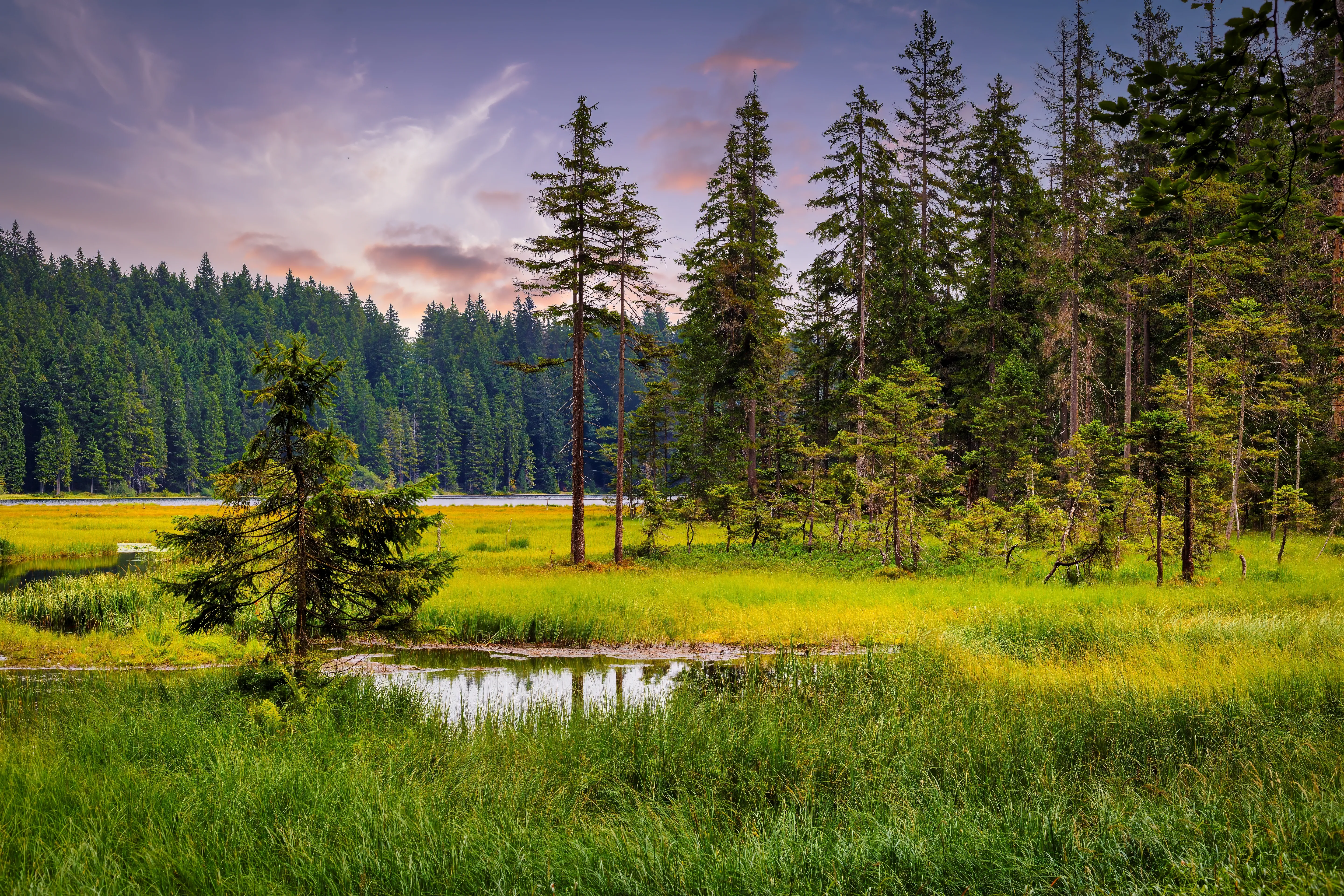
September 4, 2025
Nature is Worth Investing In: Breakthroughs in the Voluntary Carbon Market
As we head into Climate Week, it’s worth pausing to take stock of how far the voluntary carbon market (VCM) has come. For years, this space has been scrutinized, challenged, and even questioned—but over the past few years we’ve seen positive breakthrough after breakthrough, which shows just how much progress has been made.
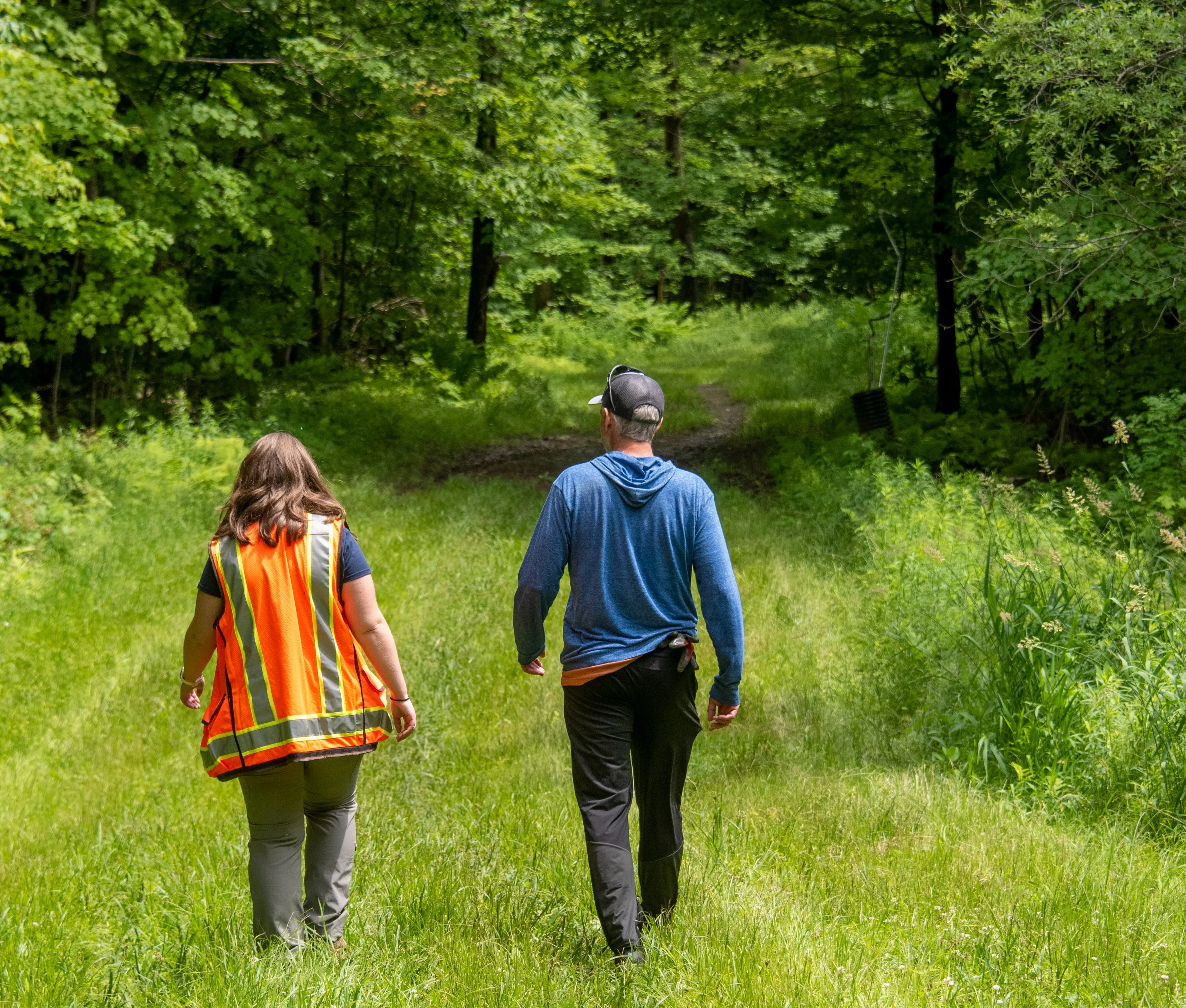
August 28, 2025
Why Our Contracts Are 20 Years—and Why That Matters
When it comes to forest carbon programs, contract length isn’t just a formality. It’s the backbone of credibility, integrity, and real climate impact. At the Family Forest Carbon Program (FFCP), we’ve designed our contracts to be a 20-year commitment, and there are important reasons why that length matters and why it can’t be changed.

August 13, 2025
First Improved Forest Management Methodology Designed for Family Forests Recognized by Global Body for High Integrity
Today, The Integrity Council for the Voluntary Carbon Market (IC-VCM) recognized the Verra Methodology for Improved Forest Management (IFM) Using Dynamic Matched Baselines (VM0045) with the globally-recognized Core Carbon Principles (CCP) label.
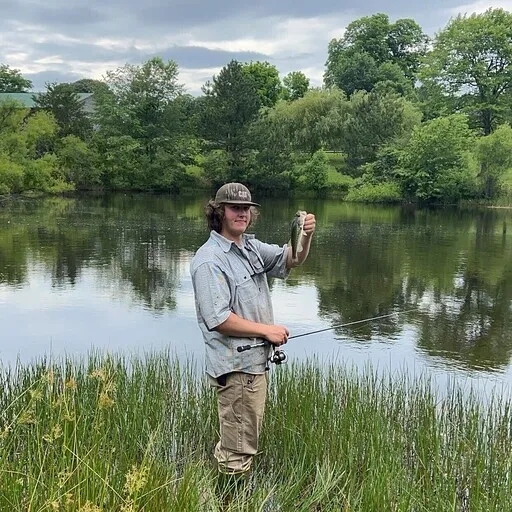
August 7, 2025
Forester Spotlight: Baylor Wayman
We’re excited to highlight Baylor Wayman, a dedicated forester with the Family Forest Carbon Program who brings hands-on experience, a deep connection to the land, and a passion for supporting sustainable forestry.
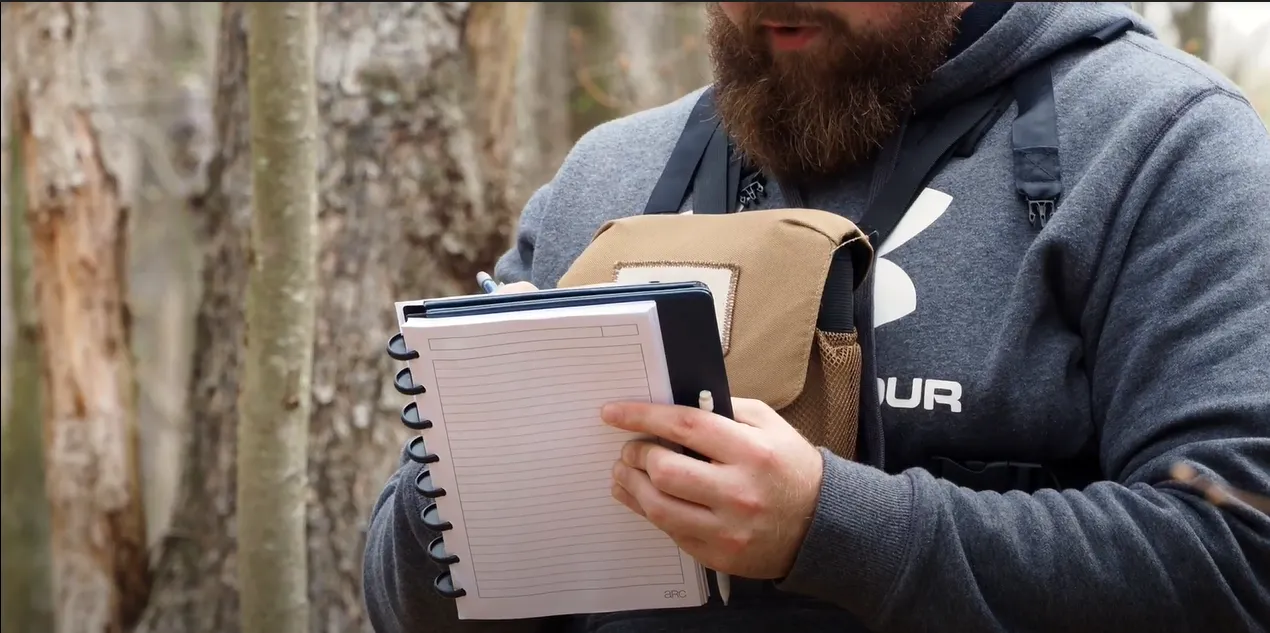
July 29, 2025
What to Expect from Your Forest Management Plan
Did you know that only about 11% of forest owners have a Forest Management Plan? Programs like the Family Forest Carbon Program (FFCP) are helping change that—making it easier for families to care for their land with confidence. By supporting more landowners in creating these plans, we’re growing a more connected community of people who are committed to the health of their woods—and the future of our forests.